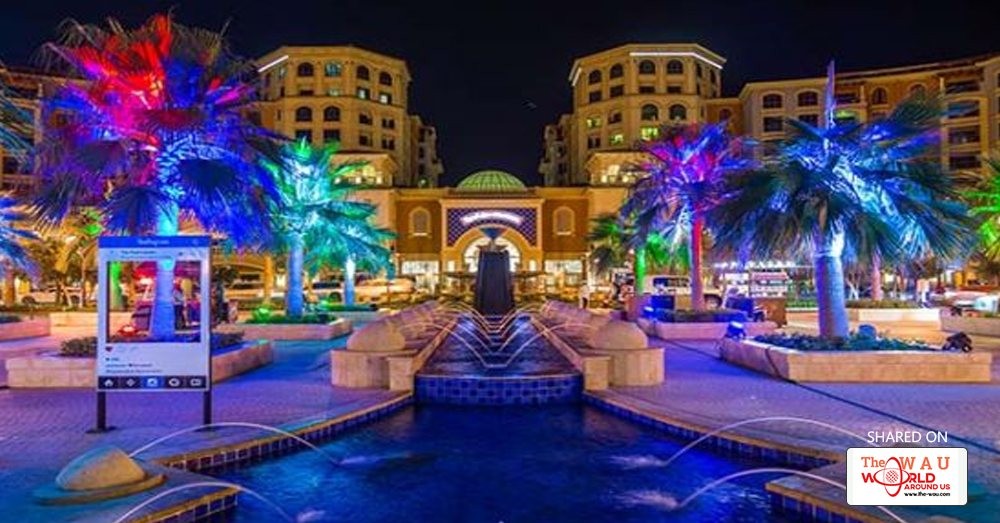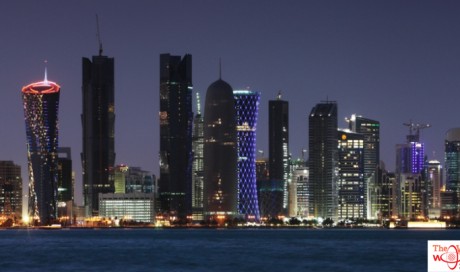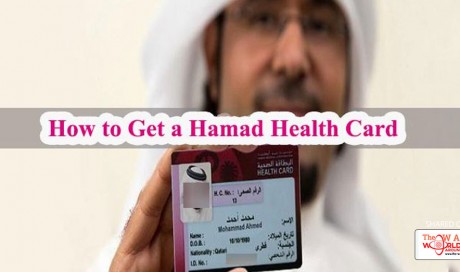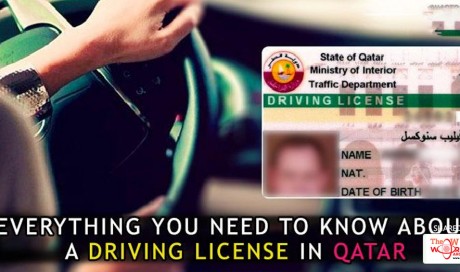Ramadan is the holiest month in Islamic Calendar, and fasting is an important element of the month, with Muslims abstaining from eating or drinking from dawn until sunset during the month. It should be mentioned here that the month is also a spiritual time with focus on charity, fasting and good deeds.
The Islamic Calendar is a lunar calendar, and hence, during the month of Ramadan, it won’t officially begin until the moon sighting. The end of Ramadan would be marked by spotting of the new moon, which implies that Muslims would either fast 29 to 30 days with days long festival marking Eid Al Fitr, which would be in July.
Eating and drinking in public
When Ramadan begins, it is illegal for adults to have food or drink beverages in public during the fasting day. In fact, this also means that there should be no gum-chewing or cigarette smoking, and those who risk would be fined. But, for those who are not fasting (non-Muslims and Muslims who are ill, pregnant women, breast-feeding or menstruating), eating at work may be tricky.
While some offices have designated spot like lunchroom, others may have to eat at home after their workday is over. It should be noted that most restaurants and shops are closed during Ramadan, except for some takeaway services. Check out for their opening hours and list of such eateries. If you plan to attend the popular Ramadan buffets, you may have to book in advance, as popular venues get booked out quickly. Remember that no alcohol would be served at hotel restaurants.
Shorter workdays
Irrespective of your religion, Qatar law mandates shortened workdays for residents during Ramadan. For public sector including government ministries and other public institutions, this implies five hours a day work, from 9am to 2pm. Those working in the private sector should have their schedules shortened from eight hours a day to six hours. But, not all employees are given shorter workdays, due to the different in the nature of their work. In such cases, they are usually entitled to overtime compensation or additional time off.
School vacations
Qatar usually wears a desert look until late July or August, as Ramadan coincides with school vacations. This year, Eid Al Fitr is during the first week of July and coincides with children’s school holidays. Hence a mass exodus is expected during this time. Another aspect to be noted is that if you plan to leave Qatar during this time, make sure you book your flight tickets at the earliest, as flights to several popular destinations can get very expensive.
No alcohol served
Muslims are prohibited from drinking alcohol during the month, and although Qatar sells it in a limited fashion most of the year, the country goes dry during Ramadan. This means hotel restaurants and Qatar Distribution Company will be closed until Eid. So long queues are expected outside the QDC warehouse ahead of the start of the fasting month.
Movies
For moviebuffs this may be a rather dry time, as new movie releases are put on hold during this time of the year. So do not expect to enjoy new blockbusters in Qatar until July.
Charity
Charity is important aspect of Islamic beliefs, as deeds are believed to be multiplied during the month of Ramadan. Therefore, Muslims focus on good deeds and sharing with community. Apart from boosting some spirituality, attending special night prayers at the Mosques, Muslims increase their charitable activities during Ramadan. Helping out by volunteering or contributing to people in need is considered good for you and those around you. In Doha all get involved in the act of feeding others, irrespective of religion. Local charities and individuals host Iftar tents to provide labourers and those in need with food to break their fasts. Expat communities make Iftar food packs and distribute snacks and supplies to labourers.
The flip side of fasting
Given that Ramadan involves fasting for at least 15 hours a day, and taking into account that this is happening during the summer months when it is very hot outside, people may sometimes have to bear the brunt of being on an empty stomach. For example, tempers run high, some people drive poorly around iftar time to meet family or friends and break fasts together etc. Moreover, Ramadan is also a time when health officials constantly remind people not to over indulge in food, and try to get adequate sleep. So when you are trying to be more social or spiritual, do take care of yourself.
Entertainment activities
As the day is mostly quiet due to fasting, the evening and night will see lot of activities happening around in Qatar. Most restaurants usually remain open late, with hotels having lavish iftar and sahoor buffets, while venues like Katara Cultural Village an Azpire Zone hold Ramadan-centric activities. Heavy traffic is likely at night (8pm to midnight), when people go out to shop, eat and run errands. Some unique celebrations to be mentioned here are sunset canon at State Mosque, pre-iftar Corniche car parade and Garangao festivities.
The cultural traditions here provide infinite entertainment to families and the Corniche Car Parade is one among them. There will also be Ramadan events in many public venues and local malls in Qatar. Events will be held at Aspire Zone, Pearl-Qatar, and Katara Cultural Village, details of which will be released closer to Ramadan. The occasion of cannon being fired at the national Wahhab Mosque in old Airport area, has also turned into a festive event, with army officials offering treats to younger children.
The Children festival of Garangao occurs in the middle of Ramadan. This is a unique Qatari tradition wherein local children dress up in bright traditional clothing, and head out to neighbourhood singing the Garangao song and receive nuts and sweets from elders. This event is getting bigger with local and expat children participating in festivities across Doha and Qatar. Local hotels get involved in Ramadan tents for Iftar and Suhoor Buffets, as these display variety of cuisines and live cooking stations. They are similar to Friday brunches, but, there is improved focus on regional dishes and entertainment. On the whole, although things slowdown in Qatar during this time of the year, the events are usually much welcomed by the people here. Ramadan is the time to enjoy a shared spirit of community celebration, and it is the time for both locals and expats to learn from each other.
Share This Post















